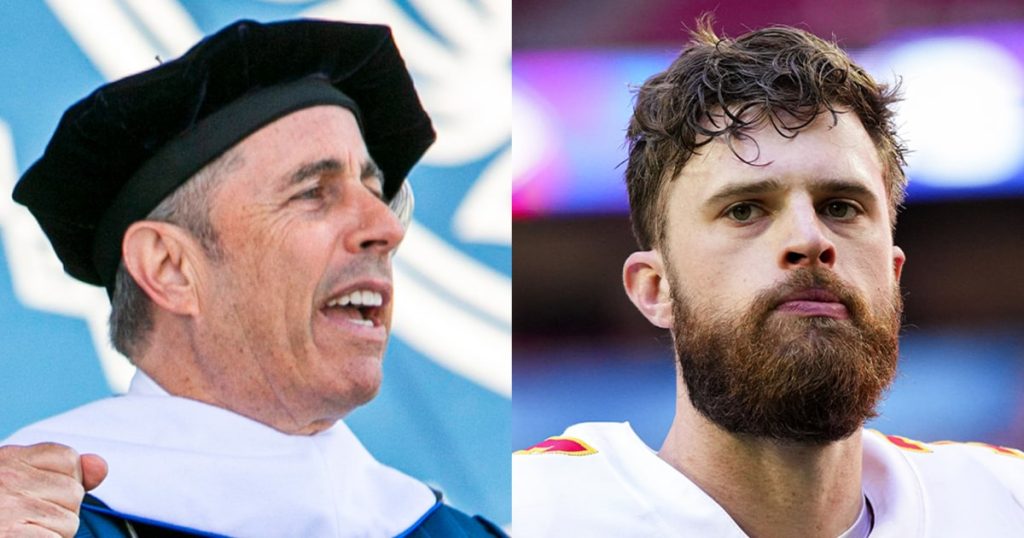College commencements this year are being marked with protests, walkouts, and controversies as campuses across the nation navigate a tumultuous year. At Harvard University, a Jewish chaplain confronted journalist Maria Ressa over remarks that he found potentially antisemitic in her commencement address. Ressa mentioned being called antisemitic after being onstage with Hillary Clinton and said she was criticized by those who wanted power and money. The chaplain hoped Ressa would clarify her comments, which he found triggering in the context of Jewish stereotypes. Ressa’s speech also expressed solidarity with pro-Palestinian protesters who staged a walkout in opposition to Harvard’s disqualification of students involved in previous protests.
Ressa, a journalist known for defying the authoritarian regime of then-Philippine President Rodrigo Duterte, received an honorary doctorate from Harvard and spoke about the importance of peaceful protests and free speech. The controversy surrounding her speech is only one of many incidents involving commencement speakers this season. Comedian Jerry Seinfeld faced boos and a walkout at Duke University, where a portion of the audience protested his presence on stage. Seinfeld, who is Jewish, spoke about using privilege and growing up in New York and has been a supporter of Israel. The tensions and controversies at college graduations underscore a challenging year for campuses across the country.
In another commencement speech, Kansas City Chiefs kicker Harrison Butker stirred controversy with comments about President Biden’s Covid-19 policies, abortion, and LGBTQ pride month. Butker, who holds conservative Catholic beliefs, mentioned various political and cultural issues in his address to graduates of Benedictine College in Kansas. His comments sparked backlash, with some criticizing his views on women and his conservative ideologies. Butker did not respond to requests for comment, and NFL officials reiterated that his views are his own and not representative of the league as a whole.
The incidents involving commencement speakers are reflective of the larger societal divisions and tensions that exist across the United States. As campuses become increasingly polarized on issues such as free speech, diversity, and social justice, it is crucial for speakers to be mindful of their audience and the potential impact of their words. Campus protests, including those related to the conflict in Gaza, have tested universities and speakers, with some events leading to walkouts and confrontations. As colleges grapple with these challenges, the importance of dialogue, understanding, and respect for differing viewpoints remains paramount.
The controversies surrounding commencement speakers highlight the complexities of navigating sensitive topics and diverse perspectives in today’s society. While some speakers face backlash for their comments or affiliations, others are met with support and praise. The incidents at Harvard, Duke, and Benedictine College underscore the need for thoughtful and respectful dialogue on college campuses and beyond. As the nation grapples with ongoing social and political challenges, the role of speakers in shaping conversations and influencing audiences becomes increasingly significant. Ultimately, the controversies surrounding commencement addresses serve as a reminder of the importance of engaging in constructive and inclusive discourse to address complex issues effectively.













